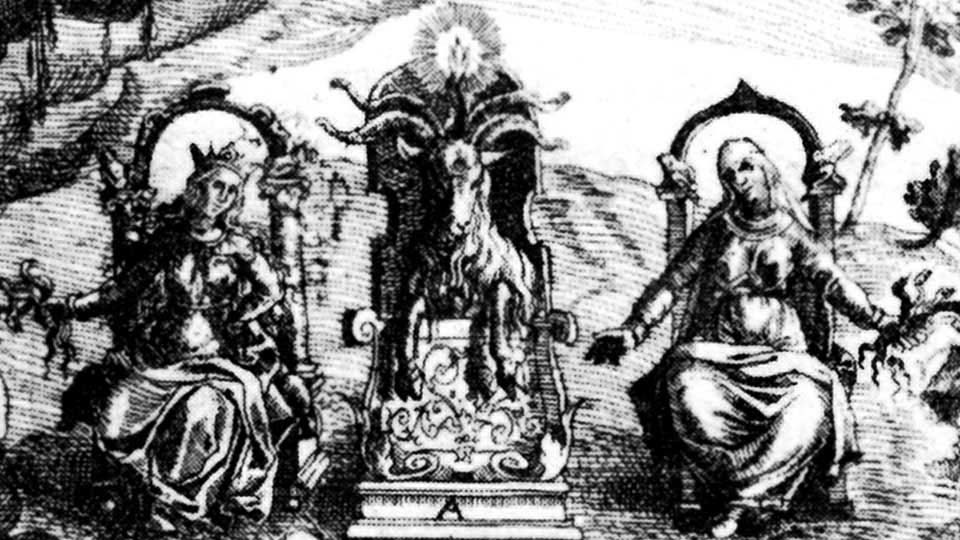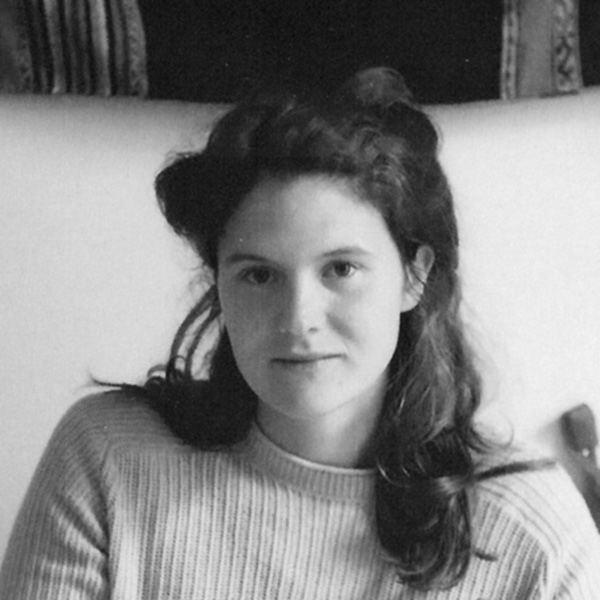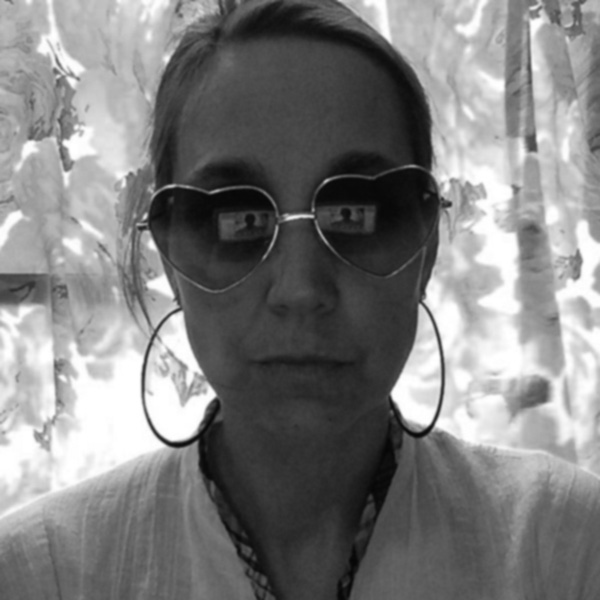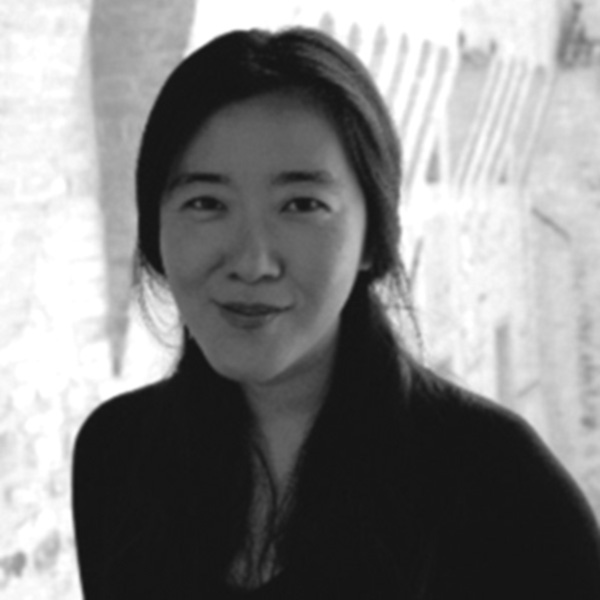2019 Tarpaulin Sky Book Awards

2019 TARPAULIN SKY BOOK AWARDS
We are pleased to announce the winners of the 2019 Tarpaulin Sky Book Awards: Hunting Season, by Julia Brennan; Womonster, by Olivia Cronk; Body of Empire, by Mariko Nagai; and Descent, by Lauren Russell.
Our magazine currently features excerpts from thirty manuscripts that made the press’s Shortlist, and it is Tarpaulin Sky’s hope that other publishers will use the entire Longlist as a helpful resource for new acquisitions.
These lists easily could have been longer. We received many excellent manuscripts, and we thank everyone who sent us their work.
We are pleased to announce the winners of the 2019 Tarpaulin Sky Book Awards: Hunting Season, by Julia Brennan; Womonster, by Olivia Cronk; Body of Empire, by Mariko Nagai; and Descent, by Lauren Russell.
Our magazine currently features excerpts from thirty manuscripts that made the press’s Shortlist, and it is Tarpaulin Sky’s hope that other publishers will use the entire Longlist as a helpful resource for new acquisitions.
These lists easily could have been longer. We received many excellent manuscripts, and we thank everyone who sent us their work.

Julia Brennan
Hunting Season
Debut author Julia Brennan’s Hunting Season is part auto-fiction, part lyric essay, part lament, part film journal, part performance, and part exorcism. Challenging traditional victim/perpetrator narratives, Hunting Season is an intimate investigation into the ways we learn to love and wound.
He was my teacher. He was teaching me how to be explicit in my work, and in his bed, we were doing very explicit things.
Secretly, he and I slept in a sunroom in the back of his house, and I called him mother and he called me child. It was an incest game we played.
Julia Brennan is a writer and performer from central New York. She holds an MFA in fiction from Brown University, where she won the Frances Mason Harris ’26 manuscript award. Her work has been published in Hotel Amerika and Big Big Wednesday, and is forthcoming in Quarterly West. She lives in Providence, Rhode Island, where she teaches at Providence College.

Olivia Cronk
Womonster
Taking the form of two long poems, “Interro-Porn” and “Chenille,” Womonster explores the often monstrous and buffoonish impossibility of a coherent self, even as its speakers take great pleasure in the performance of selves. Everywhere absorbing and leaking other media, Womonster is a “sloppy” text, at once nauseating and thrilling, psychedelic and domestic. “Olivia Cronk is one of my favorite US poets over the past 15 years. Womonster is something like Lars Noren’s Revolver rewritten with Ouija board.” — Johannes Göransson
You’re dead meat baby.
You’re not gonna kill the Internet, and you already missed your chance to sleaze up your thirties.I’m sure I don’t know what you mean
but that choke of diamonds
is certainly sweetening the deal.
Olivia Cronk is the author of Louise and Louise and Louise (The Lettered Streets Press, 2016) and Skin Horse (Action Books, 2012). With Philip Sorenson, she edits The Journal Petra.

Mariko Nagai
Body of Empire
Weaving historical documents, photographs, and first-hand accounts against a background of nationalism and war, Body of Empire explores the lives of Japanese sex workers – both government-sanctioned and freelance – between 1868 and 1953. Some hid in the bottom of ships heading toward Shanghai or Hong Kong. Some were auctioned off to Singapore, Manila, Borneo, Thursday Island, Rangoon, and Bombay. Some were taken from villages in Korea with a promise of a better job, even an education, then were herded into Japanese Imperial Army ships and labeled “military supply.” Some lost their families in air raids and were stranded without homes, opening their legs to the “white devil” soldiers as a last chance to survive. Karayuki-san. Rashamen. Comfort women. Special Women of RAA. Panpan. Only-san. Different names, different times, all of them women and girls whose bodies were bought and sold by men.
As soon as surviving women and children are ushered into civilian camps like scared sheep, trading of flesh starts: an extra bowl of food for a fuck, or American soldiers coming to barbed-wire civilian camps, demanding women.
Born in Tokyo, Japan and raised in Europe and America, Mariko Nagai has received fellowships from the Rockefeller Foundation Bellagio Center, UNESCO-Aschberg Bursaries for the Arts, Akademie Schloss Solitude, among others and has won the prestigious Pushcart Prizes for both in poetry and fiction. Mariko Nagai is the author of Histories of Bodies: Poems (2007), Georgic: Stories (2010), Instructions for the Living (2012), and Irradiated Cities (2017), as well as two verse-novels for children. Nagai is an Associate Professor at Temple University Japan.

Lauren Russell
Descent
In 2013, poet Lauren Russell acquired a copy of the diary of her great-great-grandfather, Robert Wallace Hubert, a Captain in the Confederate Army. After his return from the Civil War, he fathered twenty children by three of his former slaves. One of those children was the poet’s great-grandmother. Over several years of research, Russell would seek the words to fill the diary’s omissions. The result is Descent, a hybrid work of verse, prose, images, and documents traversing centuries as its author investigates relationships to race and legacy in this era of Confederate flag controversies, police brutality, Black Lives Matter, and the ascent of a President Trump. She also imagines the voice of her great-great-grandmother, Peggy Hubert, a black woman silenced by history. Descent is at once an investigation, a reclamation, and an insistence on making history as a creative act.
Heard a whippoorwill holler this morning for the first time this spring. Heard a whippoorwill holler. All hands choking cotton. Heard a holler, a whimper. Heard a will whip her. Will heard a whip. Whip or will.
Lauren Russell is the author of What’s Hanging on the Hush (Ahsahta Press). A 2017 National Endowment for the Arts Creative Writing Fellow in Poetry, she has received fellowships and residencies from Cave Canem, The Wisconsin Institute for Creative Writing, VIDA/The Home School, the Rose O’Neill Literary House, the Millay Colony for the Arts, the Virginia Center for the Creative Arts, and City of Asylum/Passa Porta. She is a research assistant professor and is assistant director of the Center for African American Poetry and Poetics at the University of Pittsburgh.

Julia Brennan
Hunting Season
Debut author Julia Brennan’s Hunting Season is part auto-fiction, part lyric essay, part lament, part film journal, part performance, and part exorcism. Challenging traditional victim/perpetrator narratives, Hunting Season is an intimate investigation into the ways we learn to love and wound.
He was my teacher. He was teaching me how to be explicit in my work, and in his bed, we were doing very explicit things.
Secretly, he and I slept in a sunroom in the back of his house, and I called him mother and he called me child. It was an incest game we played.
Julia Brennan is a writer and performer from central New York. She holds an MFA in fiction from Brown University, where she won the Frances Mason Harris ’26 manuscript award. Her work has been published in Hotel Amerika and Big Big Wednesday, and is forthcoming in Quarterly West. She lives in Providence, Rhode Island, where she teaches at Providence College.

Olivia Cronk
Womonster
Taking the form of two long poems, “Interro-Porn” and “Chenille,” Womonster explores the often monstrous and buffoonish impossibility of a coherent self, even as its speakers take great pleasure in the performance of selves. Everywhere absorbing and leaking other media, Womonster is a “sloppy” text, at once nauseating and thrilling, psychedelic and domestic. “Olivia Cronk is one of my favorite US poets over the past 15 years. Womonster is something like Lars Noren’s Revolver rewritten with Ouija board.” — Johannes Göransson
You’re dead meat baby.
You’re not gonna kill the Internet, and you already missed your chance to sleaze up your thirties.I’m sure I don’t know what you mean
but that choke of diamonds
is certainly sweetening the deal.
Olivia Cronk is the author of Louise and Louise and Louise (The Lettered Streets Press, 2016) and Skin Horse (Action Books, 2012). With Philip Sorenson, she edits The Journal Petra.

Mariko Nagai
Body of Empire
Weaving historical documents, photographs, and first-hand accounts against a background of nationalism and war, Body of Empire explores the lives of Japanese sex workers – both government-sanctioned and freelance – between 1868 and 1953. Some hid in the bottom of ships heading toward Shanghai or Hong Kong. Some were auctioned off to Singapore, Manila, Borneo, Thursday Island, Rangoon, and Bombay. Some were taken from villages in Korea with a promise of a better job, even an education, then were herded into Japanese Imperial Army ships and labeled “military supply.” Some lost their families in air raids and were stranded without homes, opening their legs to the “white devil” soldiers as a last chance to survive. Karayuki-san. Rashamen. Comfort women. Special Women of RAA. Panpan. Only-san. Different names, different times, all of them women and girls whose bodies were bought and sold by men.
As soon as surviving women and children are ushered into civilian camps like scared sheep, trading of flesh starts: an extra bowl of food for a fuck, or American soldiers coming to barbed-wire civilian camps, demanding women.
Born in Tokyo, Japan and raised in Europe and America, Mariko Nagai has received fellowships from the Rockefeller Foundation Bellagio Center, UNESCO-Aschberg Bursaries for the Arts, Akademie Schloss Solitude, among others and has won the prestigious Pushcart Prizes for both in poetry and fiction. Mariko Nagai is the author of Histories of Bodies: Poems (2007), Georgic: Stories (2010), Instructions for the Living (2012), and Irradiated Cities (2017), as well as two verse-novels for children. Nagai is an Associate Professor at Temple University Japan.

Lauren Russell
Descent
In 2013, poet Lauren Russell acquired a copy of the diary of her great-great-grandfather, Robert Wallace Hubert, a Captain in the Confederate Army. After his return from the Civil War, he fathered twenty children by three of his former slaves. One of those children was the poet’s great-grandmother. Over several years of research, Russell would seek the words to fill the diary’s omissions. The result is Descent, a hybrid work of verse, prose, images, and documents traversing centuries as its author investigates relationships to race and legacy in this era of Confederate flag controversies, police brutality, Black Lives Matter, and the ascent of a President Trump. She also imagines the voice of her great-great-grandmother, Peggy Hubert, a black woman silenced by history. Descent is at once an investigation, a reclamation, and an insistence on making history as a creative act.
Heard a whippoorwill holler this morning for the first time this spring. Heard a whippoorwill holler. All hands choking cotton. Heard a holler, a whimper. Heard a will whip her. Will heard a whip. Whip or will.
Lauren Russell is the author of What’s Hanging on the Hush (Ahsahta Press). A 2017 National Endowment for the Arts Creative Writing Fellow in Poetry, she has received fellowships and residencies from Cave Canem, The Wisconsin Institute for Creative Writing, VIDA/The Home School, the Rose O’Neill Literary House, the Millay Colony for the Arts, the Virginia Center for the Creative Arts, and City of Asylum/Passa Porta. She is a research assistant professor and is assistant director of the Center for African American Poetry and Poetics at the University of Pittsburgh.